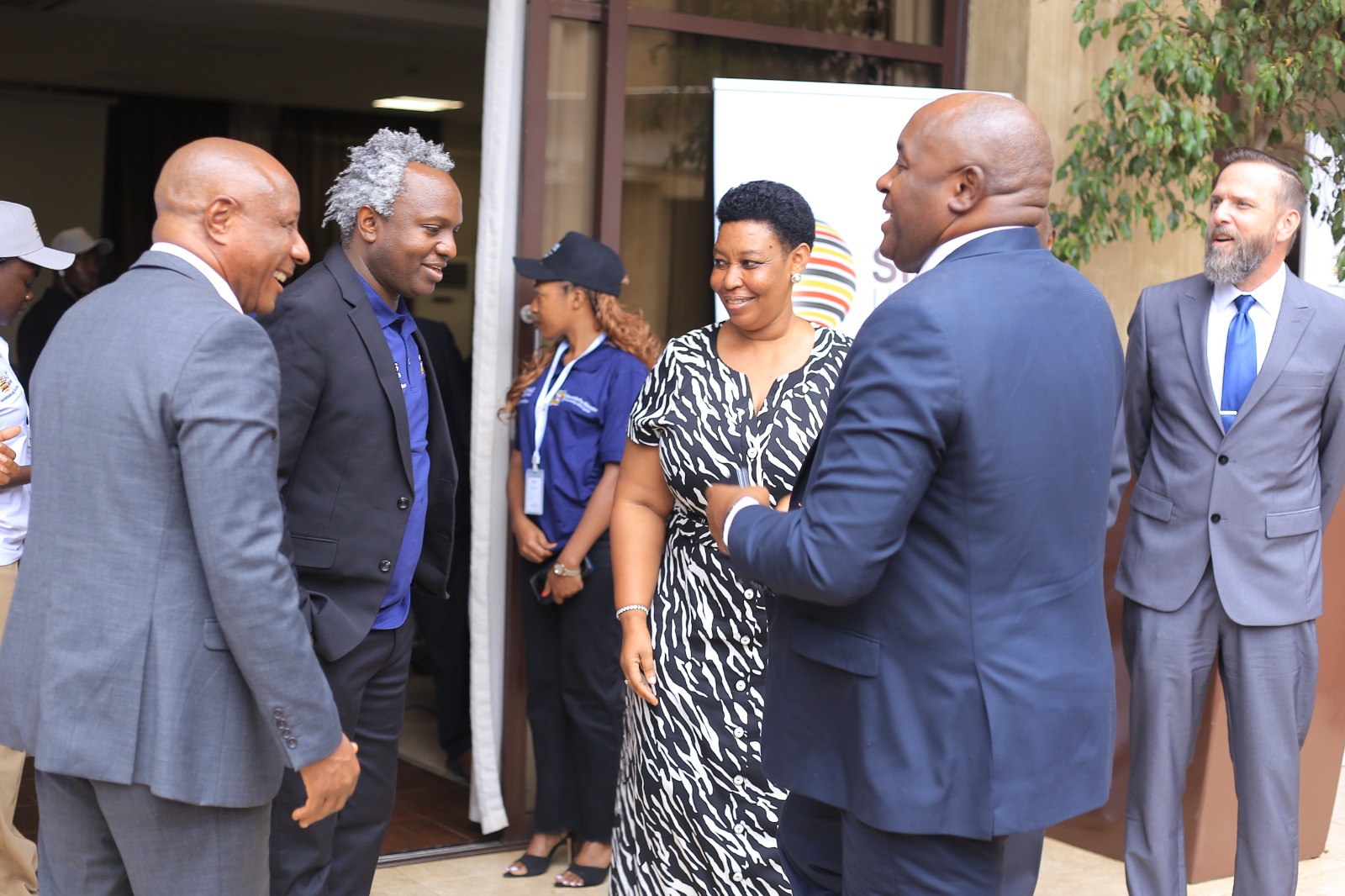Stakeholders in Uganda’s education sector have underscored the importance of incentives in enhancing student performance and retention, especially in times of low academic achievement. They emphasized the need to reward not only academic success but also integrity, aiming to keep students engaged in their educational journey.
These remarks were made during the launch of the “Reward for Education” program by Sustainable Impact Alliance Solutions (SIAS) Uganda, an NGO dedicated to promoting a digitalized education system. The event took place in Kampala on Friday.
The initiative, in partnership with Coins for College, includes an app that rewards students for their academic efforts, such as attendance at registered schools. Students can earn points redeemable for rewards from affiliated institutions and gifts provided by SIAS Uganda.
Dr. Chris Baryomunsi, the Minister of ICT and National Guidance, highlighted the alignment of this initiative with Uganda’s goal of embracing technology across various sectors, including education, health, and governance. He emphasized that digitalization ensures greater efficiency and is crucial for maintaining the nation’s relevance on the global stage.
Dr. Baryomunsi reaffirmed the government’s full support for initiatives aimed at enhancing digital transformation in Uganda, emphasizing the importance of technology in driving development and urging the nation to keep pace with global digital advancements. “We are at the top of the Fourth Industrial Revolution, and the future is digital,” he stated.
He further emphasized that digital transformation is essential for Uganda to leverage cutting-edge technologies such as artificial intelligence, the Internet of Things, big data analytics, robotics, and nanotechnology. Dr. Baryomunsi also highlighted the potential of digital advancements to improve outcomes in various sectors, including healthcare, reinforcing the ministry’s commitment to integrating these technologies to enhance the quality of life for Ugandans.
Henry Byamukama Katabazi, CEO of SIAS Uganda, stated that the new initiative addresses critical challenges within Uganda’s education system, such as improving efficiency, reducing fraud and corruption, and boosting student enrollment and retention rates. He emphasized the project’s sustainable solutions, which include digital rewards to incentivize student performance. “We are giving rewards to encourage kids to study,” Katabazi stated.
The program, a collaboration between SIAS Uganda, the Ministry of Education, and the Ministry of ICT, aims to streamline access to educational resources and infrastructure, ensuring that technology is provided while the government ensures accessibility. Katabazi also shared his personal experience with bureaucratic hurdles during his master’s studies, noting that the initiative seeks to eliminate such barriers by creating a one-stop center for educational needs.
Moses Watasa, Commissioner from the Ministry of ICT and National Guidance, emphasized the ministry’s commitment to empowering Uganda’s youth through enhanced digital connectivity. He highlighted several key initiatives aimed at fostering opportunities and development for the country’s youthful population. “We are here today to celebrate and pledge our support to the youth of Uganda,” Watasa stated. “On behalf of the technical team of the ministry, we promise that we are committed to making this initiative work. There is no turning back.”
He underscored the importance of creating opportunities for the youth, crucial for shaping Uganda’s present and future. Addressing the affordability of internet services, Watasa acknowledged the challenges and pledged to work with the Ministry of Finance to reduce taxes and make digital services more affordable.
In collaboration with various government bodies, including the Office of the Prime Minister, Watasa said the Ministry of ICT would coordinate efforts across ministries, departments, and agencies to ensure cohesive and effective implementation of these initiatives. “We have the backing of the cabinet. Policymaking is a function of the cabinet, and we are grateful for the support from the Honorable Minister. Our goal is to ensure that the discussions and plans we have here are not just theoretical but are implemented effectively,” Watasa concluded.





